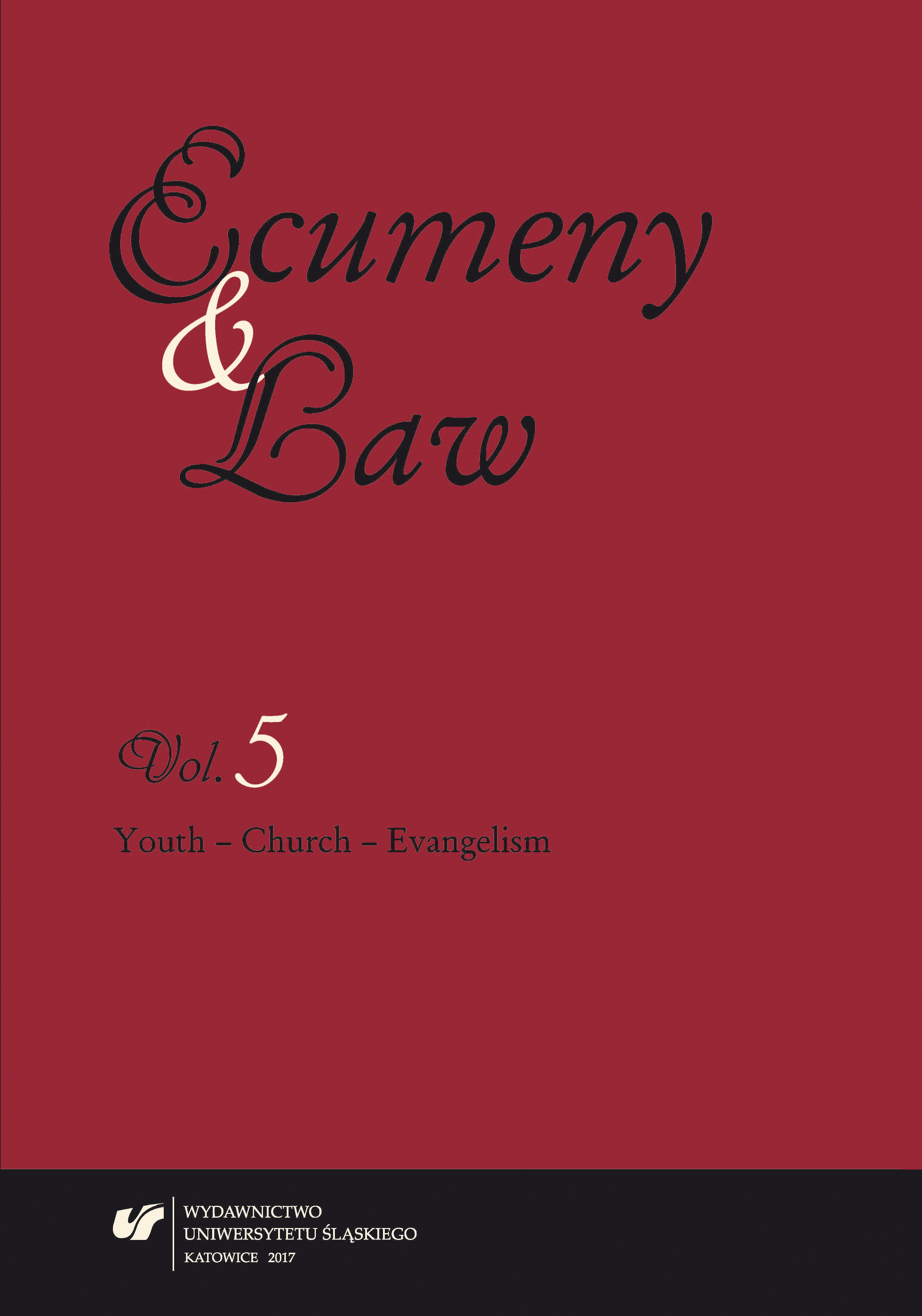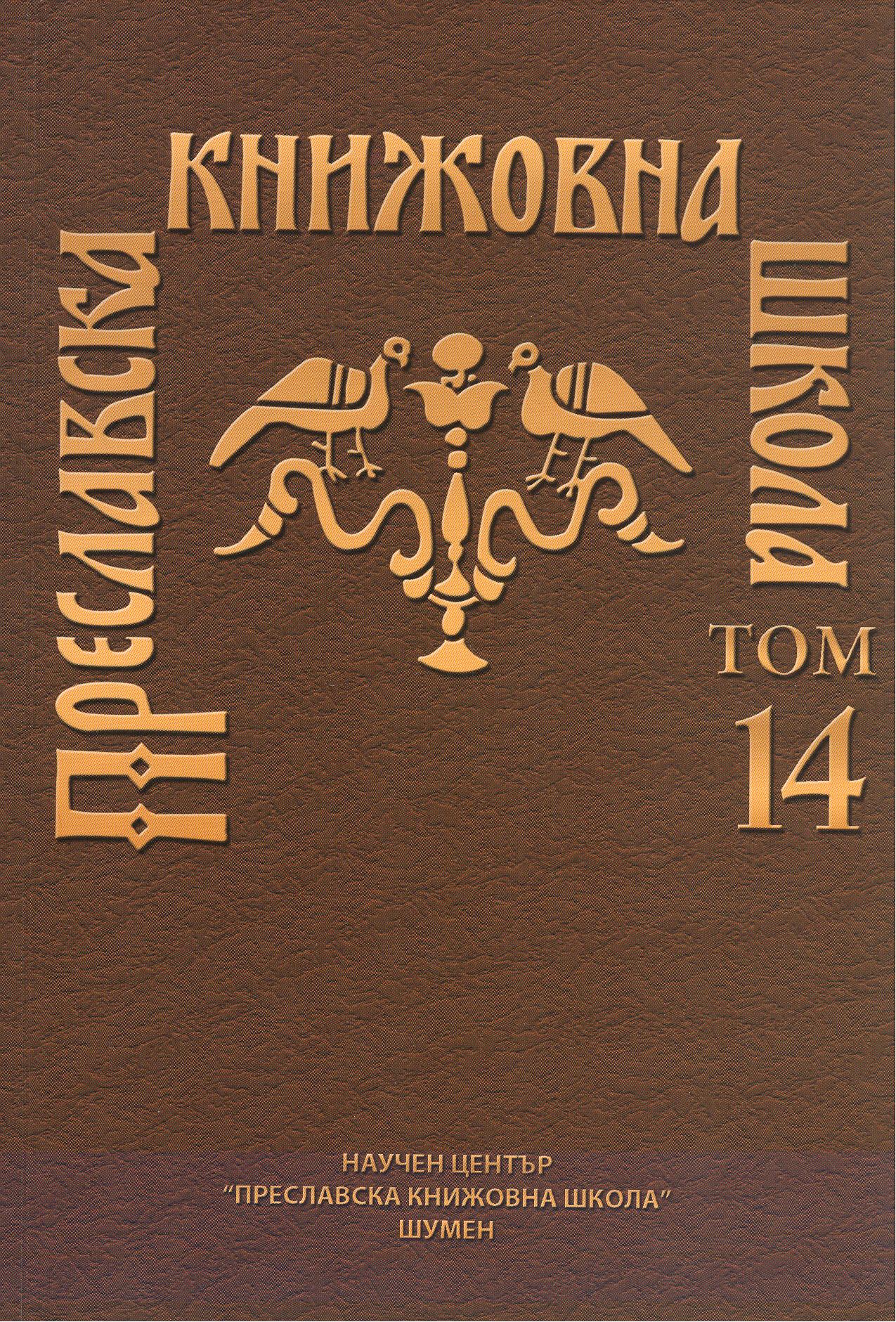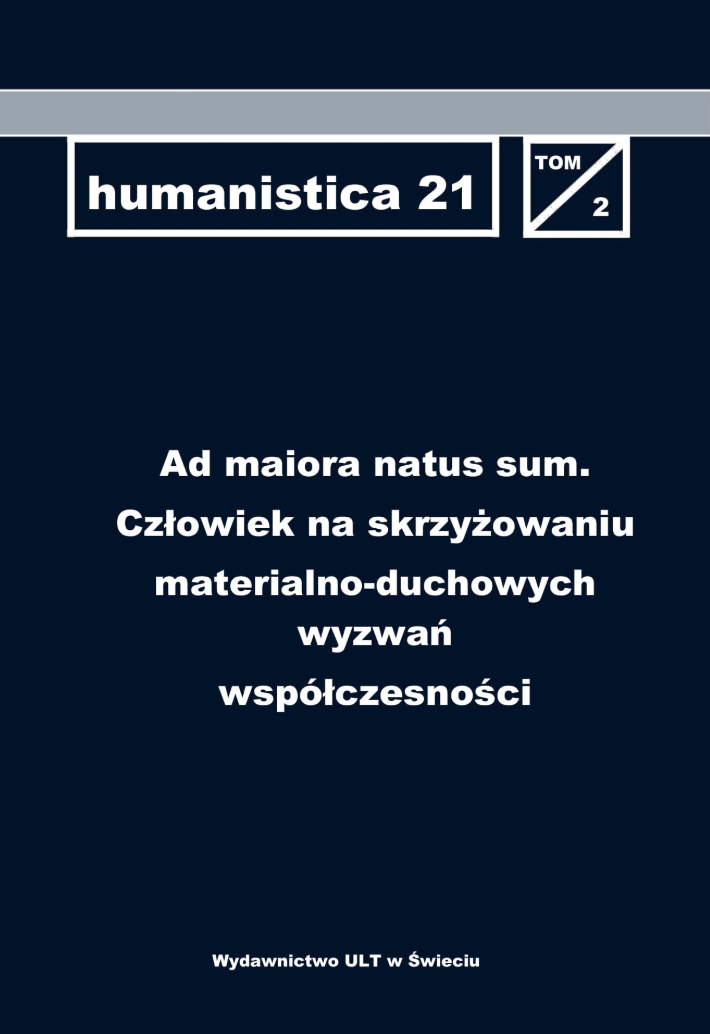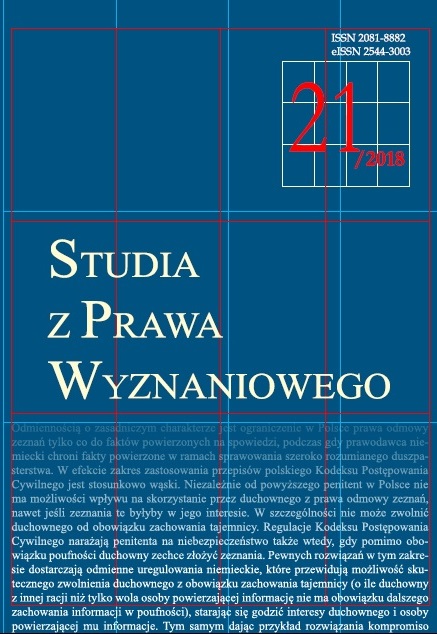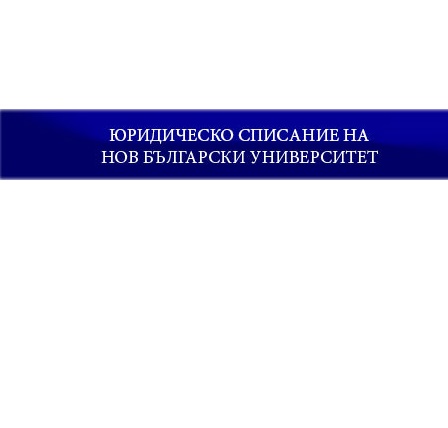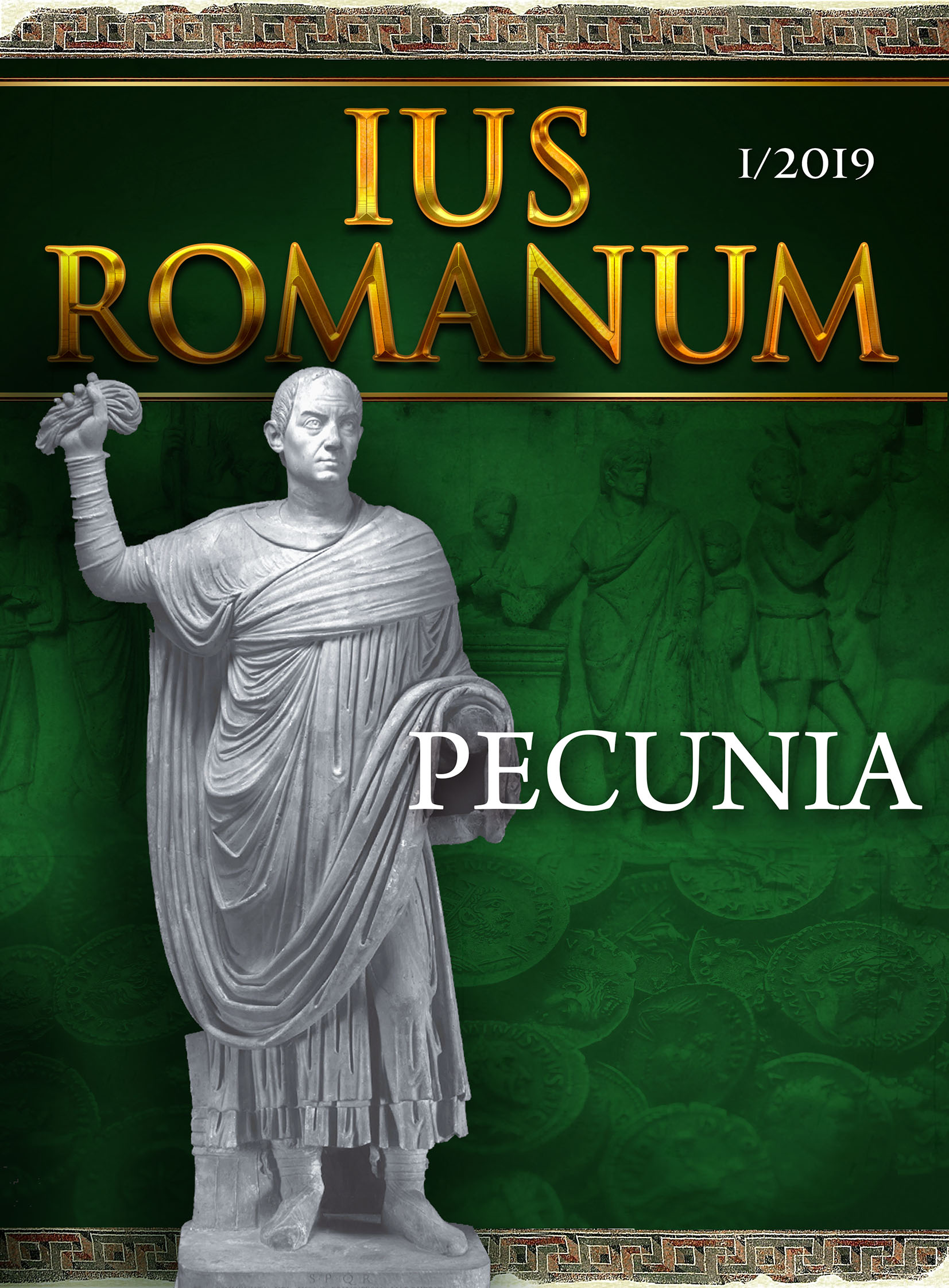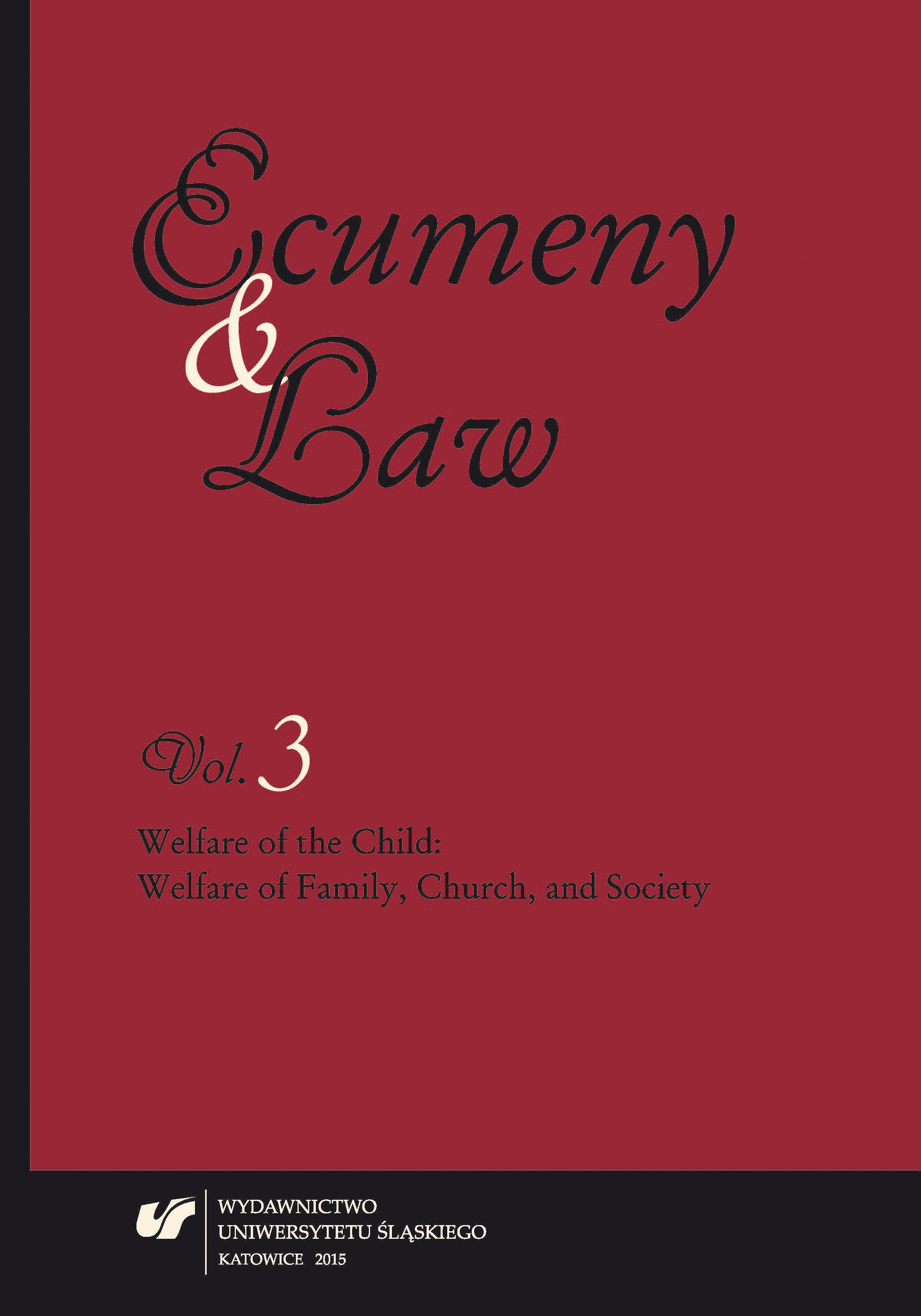
The Right of the Child to be Raised in a Family. Around the Current Issues
The article is initiated by a contemplation on the contemporary humanization mission of the family. “The family is the basic unit of society. It is the cradle of life and love, the place in which the individual ‘is born’ and ‘grows’” (“Christifideles laici” exhortation, no. 40). However, not all forms of family life serve the human humanization and participate in the development of the society. A family, in order to create the integral human well-being — and that is, in fact, what the humanization is about — should act in a manner respecting this set of goods and values which characterize it as a “community of life and love.” Among the missions of the family the most vital one is the mission of upbringing (according to a paradigm: “the family, first educator”). It is an area in which it is explicitly visible why the proclamation of the “family sovereignty,” in the church documents — especially in the Charter of the Rights of the Family (1983) — is invariably accompanied by the affirmation of the subsidiarity principle. The standards of the Convention on the Rights of the Child (1989), touched upon in the last chapter, constitute a crucial reference point for the domestic legislator: the right to be raised in a family and to maintain contact with both parents. However, it is important to remember that a characteristic feature of the international law standards (binding for countries that ratified them) — similarly as legal acts of lesser legal force, like: recommendations or resolutions, is their conciseness, condensation, but also a peculiar terseness “justified” by the means of a reference to the minimum of common idea concerning a contemporary family relationship, equality of women and men, family autonomy, rights of individual, especially weaker party, that is, a child. This impartial, permanent situation is connected with such advantages as, for example leaving a subject matter freedom margin for a given country legislator: maintaining or passing detailed normative solutions coherent with the state law. However, today it is also not difficult to notice disadvantages: especially the underspecification — in the name of the outlook pluralism principles — the axiological plane of the accepted standards (and precisely, avoiding what we called the logos and ethos of the institutions of matrimony and family). In practice it can signify forcing a legal thought alien in a given culture, or even bear all stamps of a bad lobbing. It is demonstrated — in the last part of the article — by the means of examples, which depict real problems with the implementation of the relevant conventional regulations in the national (Polish) law.
More...
